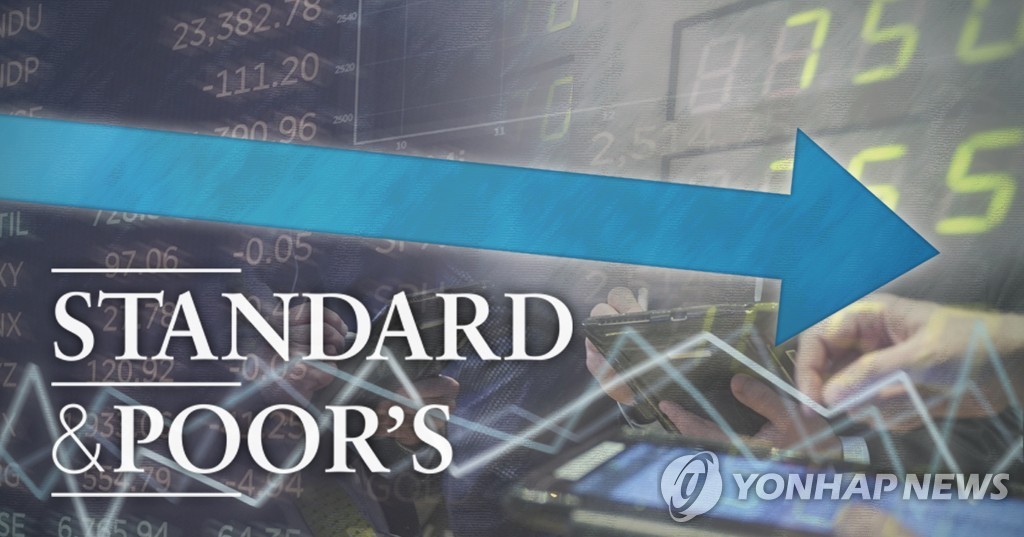(New York = Yonhap News) Correspondent Oh Jin-woo of Yonhap Infomax = Major indices in the New York Stock Market ended in mixed tax while observing the results of the Federal Open Markets Commission (FOMC).
On the 16th (US time) on the New York Stock Exchange (NYSE), the Dow Jones 30 Industrial Average closed at 32,825.95, down 127.51 points (0.39%) from the battlefield.
The Standard & Poor’s (S&P) 500 index closed at 3,962.71, down 6.23 points (0.16%) from the battlefield, while the Nasdaq index, which was focused on technology stocks, ended at 13,471.57, up 11.86 points (0.09%).

[정연주 제작] Photo composition/illustration
The market watched the FOMC, major economic indicators, and news related to the novel coronavirus infection (Corona 19) vaccine.
The Federal Reserve System (Fed, Fed) entered the FOMC on a two-day schedule from this day. Results will be announced the next afternoon.
Both interest rates and stock prices may fluctuate depending on the Fed’s diagnosis and remedy for the recent increase in government bond yields and inflation concerns.
Although the Fed is expected to maintain a dove wave (preferring monetary easing), there is also a lot of anxiety that it may not be as mitigating as market expectations.
Considering the recent good economic indicators, additional stimulus measures worth $1.9 trillion, and the expansion of vaccine distribution, analysts say that the Fed will not be able to emphasize only the uncertainty of the economy as before. This can stimulate market anxiety over early tightening of monetary policy.
Investors are also paying attention to whether the Fed will extend capital deregulation benefits provided to banks during the pandemic.
The 10-year U.S. Treasury bond yield continued to fluctuate limitedly around 1.6% ahead of the FOMC. By the close of the stock market, it was about 1.61%.
Major indicators in the US, such as consumption, were weaker than expected, putting a burden on economically sensitive stocks.
The Ministry of Commerce announced that retail sales in February fell 3.0% from the previous month. It was much less than the 0.4% decline in the market forecast compiled by The Wall Street Journal. It is interpreted that the cold wave and heavy snow that struck the United States last month had an adverse effect on consumption.
However, the fact that the retail sales price in January was revised up significantly from a 5.3% increase from the previous month to a 7.6% increase, which did not act as a major anxiety factor. There is also a dominant outlook that consumption will be reactivated through additional stimulus measures.
Industrial production in February, announced by the Fed, declined 2.2% (seasonally adjusted) from the previous month, which was less than the market’s expected 0.3% increase. The Fed explained that the cold wave and the like had adverse effects.
Corona 19 vaccination is rapidly progressing in the United States, but the uncertainty in the European situation is a burden.
A number of European countries, including France and Germany, temporarily suspended vaccination against AstraZeneca (AZ). This is due to concerns over side effects such as the occurrence of blood clots after vaccination.
“There is currently no indication that vaccination caused the disease,” the European Medicines Agency (EMA) assessed that the effectiveness of vaccination outweighs the risk. The EMA’s safety committee is expected to draw a conclusion on the risk of the vaccine on the 18th after reviewing the latest phenomenon.
By industry on this day, technology stocks rose 0.79%, while industrial stocks fell 1.44%. Energy fell 2.83%.
Other economic indicators released on this day were mixed.
The Ministry of Labor announced that import prices in February rose 1.3% from the previous month. The market forecast was up 1.0%.
The Ministry of Commerce said in January that corporate inventories rose 0.3% over the previous month to $1.9824 billion. This was in line with the expert’s expected 0.3% increase.
According to the National Housing Construction Industry Association (NAHB)/Wells Fargo, the housing market index for March was 82, down from 84 last month. The market forecast of 83 was also slightly lower.
New York stock market experts expected the market to be more sensitive to the Fed’s decision and Jerome Powell’s comments.
Black Rock’s Chief Investment Officer Rick Rider (CIO) predicted that “the market will adjust to every word Powell will give. If you don’t say anything, it will move the market, and if you say anything, it will move the market.”
According to the Chicago Merchandise Exchange (CME) Fed Watch, the FF interest rate futures market was 25bp in September.
We reflected the possibility of an interest rate hike by 4.2%.
On the Chicago Options Exchange (CBOE), the volatility index (VIX) fell 1.2% from the previous trading day to 19.79, falling below the 20 line.
Unauthorized reproduction-prohibition of redistribution>
2021/03/17 05:45 sent
